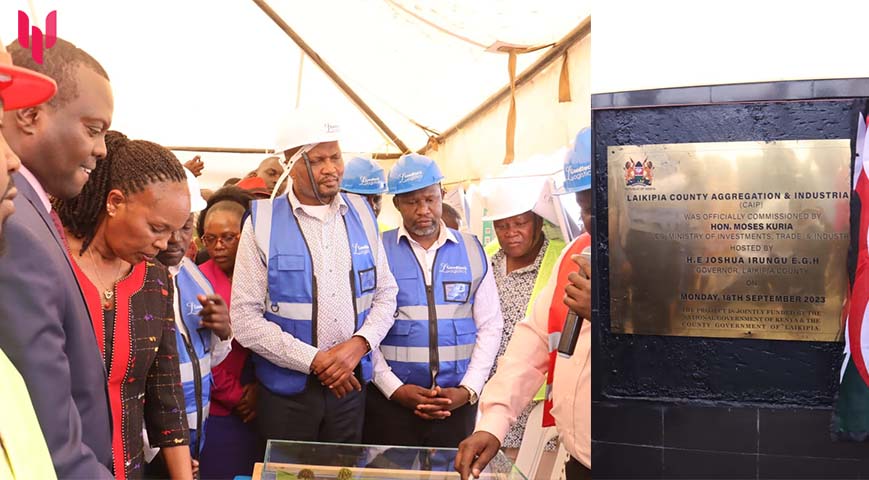Instead of prohibiting importation, Samuel Karanja, CEO of the Micro, Small and Medium Enterprises (MSME) Alliance of Kenya, has recommended a new formula for the government to adopt to boost local shoe manufacturing.
According to Karanja, the government has implemented misguided policies to protect local traders, which have always irritated the nation's enterprises and is currently focused on imposing more strict tax rules.
He stated that the government needs to reform its policies and better comprehend the systems that support the local economy, saying that stopping importation will result in the unemployment of many Kenyans.
Laikipia county will be able to generate more than 6 Billion annually from the sale of products derived from animal skins and hides. pic.twitter.com/Ckvoej4HSr
— CS Moses Kuria (@HonMoses_Kuria) September 18, 2023Did you read this?
"Government does not like working hard. They are supposed to do a census of the MSMEs and use the infrastructure that is already there. We have Huduma Centre. Any person who needs affordable credit should register there so that we know the actual number of MSMEs that are there so that we can make informed policies," he said.
"The government does not even have data of who is doing what where and we have already an organised team there."
Instead of banning the importation of shoes, which has employed many Kenyans, Karanja encouraged the government to support local shops by providing loans and implementing better working policies.
He suggested that the government supplement domestic manufacturing with imports from overseas markets, gradually phasing one out while still soothing traders.
Empower local manufacturers instead of banning importation of shoes - Expert https://t.co/eM38wzE1hB
— Citizen TV Kenya (@citizentvkenya) September 19, 2023
"Do you know how many shoes are sold in this country?" Do we have shoe manufacturers here? "Who can satisfy the local shoe appetite?" he wondered.
"You cannot kill a sector to build another sector but you facilitate a sector to grow into manufacturing. So the people doing importation of shoes can be empowered to do local manufacturing in progression because these sectors employ so many people."
On Monday, Trade Cabinet Secretary Moses Kuria said that importing shoes into Kenya will be prohibited beginning next year to create a shoe manufacturing industry in the country.
He stated that the government will establish a leather plant in Laikipia County to produce shoes for export.
"No shoes will be imported beginning next year." "Shoes will be manufactured in Laikipia, and those who do not want to wear them can go barefoot," Kuria explained.









